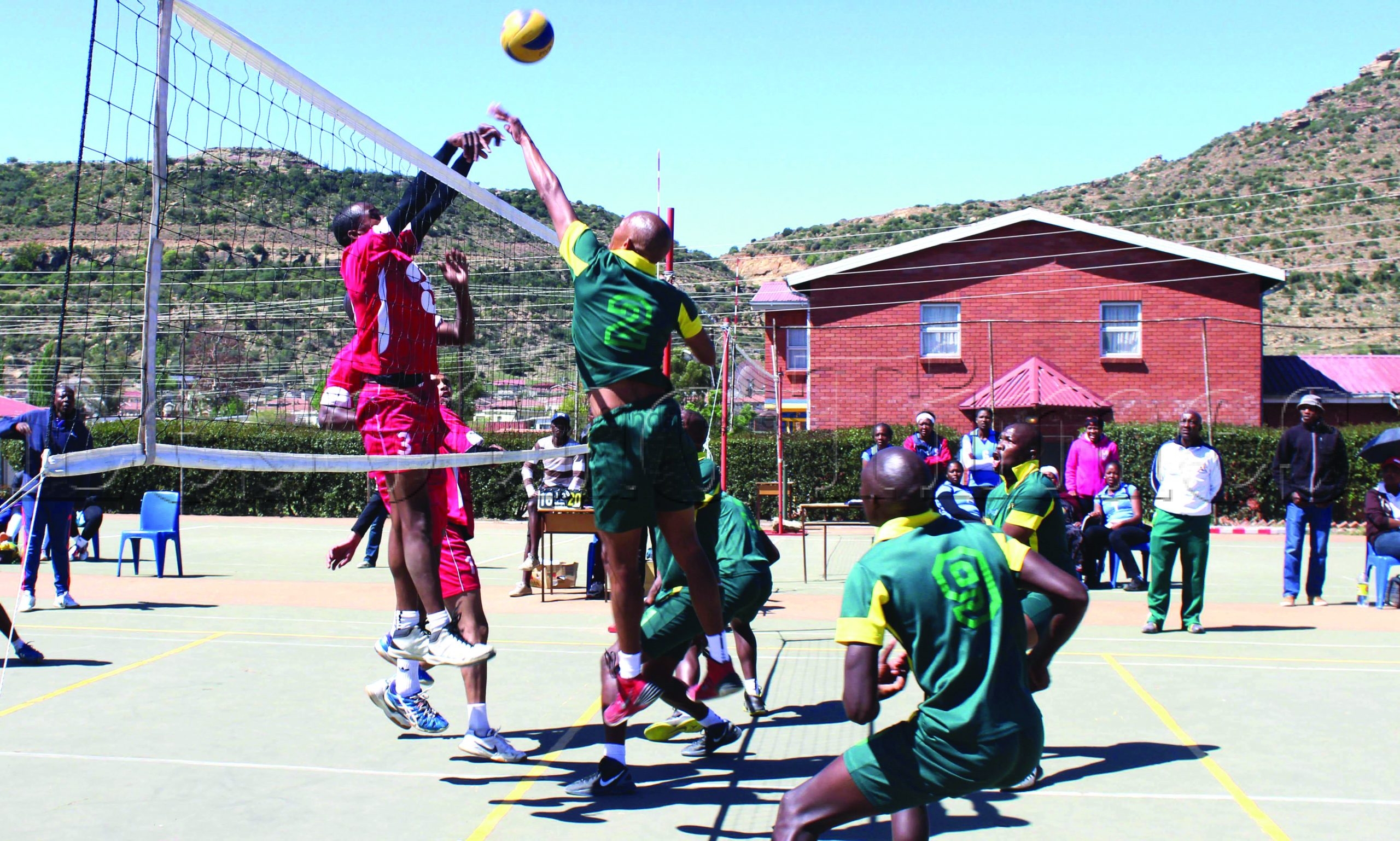Leemisa Thuseho
LESOTHO’S most decorated volleyball club, Redskins, this week donated school shoes and sanitary towels to Mabote LECSA Primary School as part of its 30th anniversary celebrations.
The event was held at the school’s premises in Maseru.
Founded in 1991, the club is the most successful in Lesotho with 20 league titles since 1994.
Team member Motšelisi Makoa, said they took it upon themselves to give back to the school on the knowledge that Covid-19 challenges had brought challenges that have seen parents and guardians losing income and struggling to meet learners’ school needs.
“We have bought 15 school shoes for boys and 15 for girls and donated sanitary pads to girls,” Makoa said.
“We are doing this to give back to the community and respond to the challenges brought by Covid-19. The donations are part of our 30th anniversary celebrations.”
The resources were raised through club members’ contributions.
After Mabote LECSA, the club also intends to donate to Maseru High School.
“We started the celebrations last month with our team donating blood to the Lesotho Blood Transfusion Service and also have more activities lined-up. The next school we are going to visit is Maseru High School, the first school that accommodated us to use its ground when we started the club in 1991. The donation will therefore be a sign of our appreciation. Next on the list will be an orphanage which we are still trying to identify.”
On her part, the school’s acting principal, ‘Makananelo Mohami said they were grateful with the donations adding that they came at an opportune time.
“We are grateful for the donations. It is a blessing given the Covid-19-induced challenges. Our school enrolls leaners from all kinds of backgrounds and given that many parents lost their income, it has become difficult to meet the learners’ needs.
“Children must always be comfortable around others but without proper shoes or uniforms, they feel out of place. The sanitary pads will help girls who often miss classes during their menstruations periods due to lack of sanitary wear,” Mohami said.


